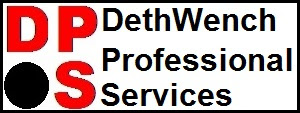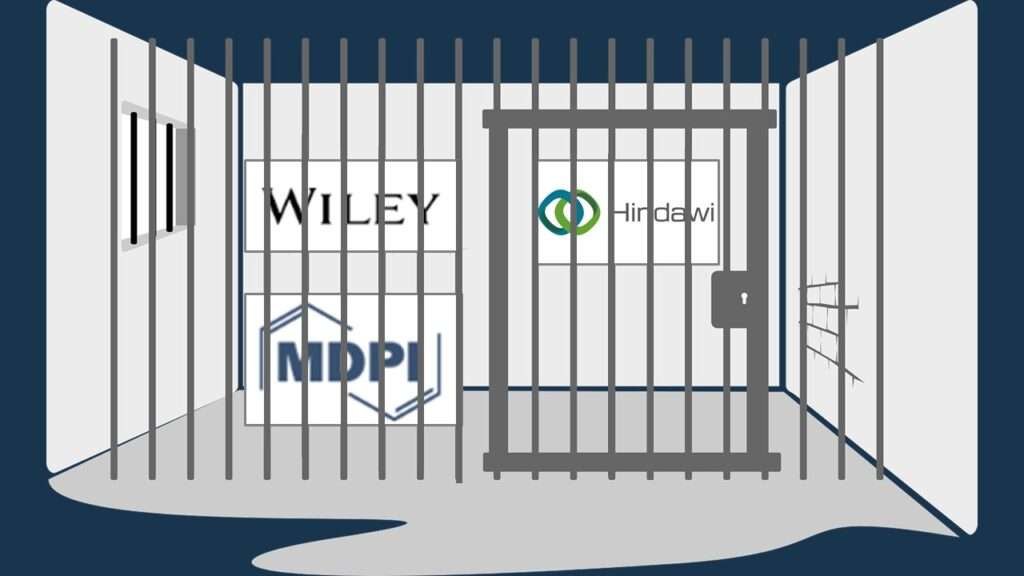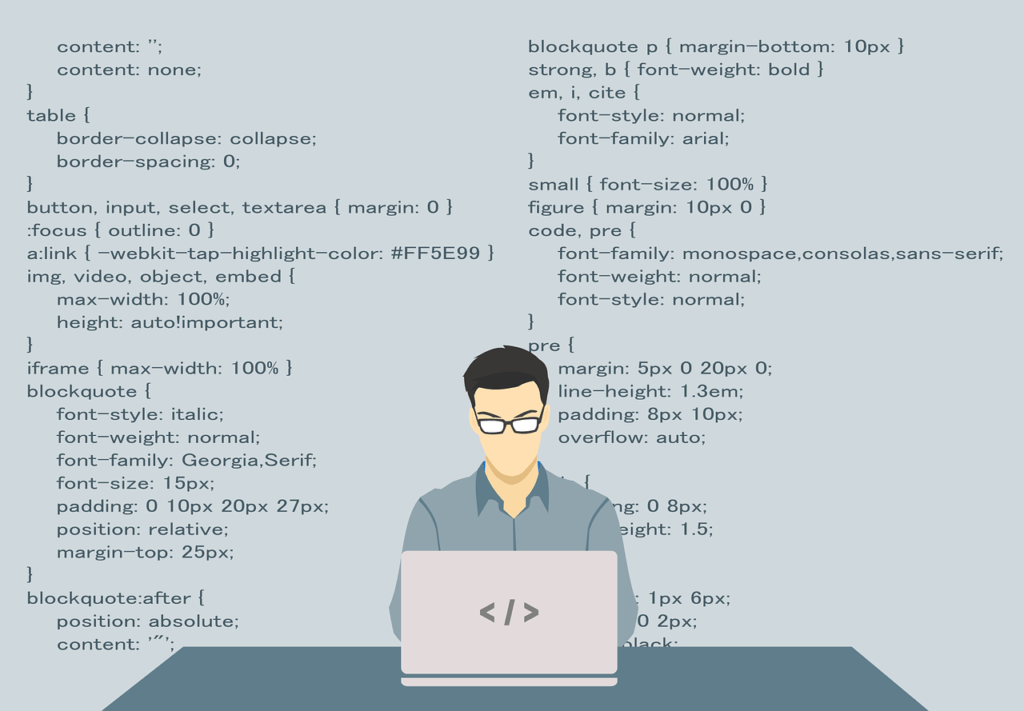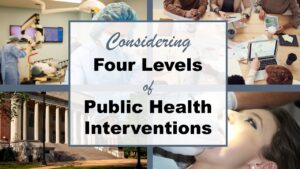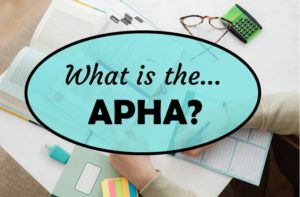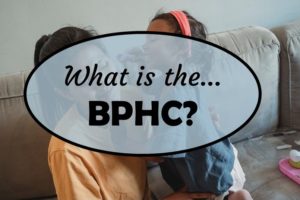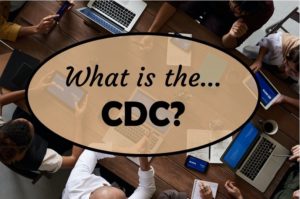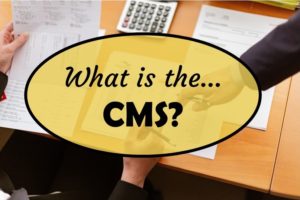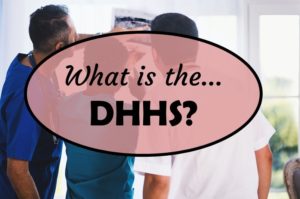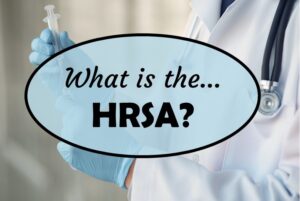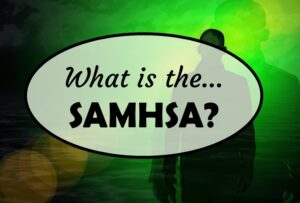Wiley’s predatory behavior that I’m going to describe in this blog post is relatively new, in my opinion, but not totally novel. I admit, I started becoming suspicious of Wiley at some point during the pandemic when most people were stuck at home, and clogging journal submission portals submitting new manuscripts. Then more recently, I became aware of this article in RetractionWatch titled, “Exclusive: Hindawi and Wiley to retract over 500 papers linked to peer review rings”.
Wiley’s predatory behavior was immediately apparent to me simply by them being linked in any way to Hindawi! I didn’t realize Wiley was partnering with Hindawi. Both Hindawi and MDPI are publishers that have been accused of being predatory, but fought back. So what was Wiley doing hanging around with those bad actors?
Wiley’s predatory behavior in this current incident puts them firmly on my personal journal publisher blacklist. I will not recommend publishing in their journals to my customers, nor will I submit manuscripts myself to them. Here is what happened.
The Situation
My customer, ABC, is cross-trained in a clinical specialty and epidemiology, but she doesn’t do her own biostatistics. She asked me to analyze a surveillance dataset and help her prepare an article for one of Wiley’s clinical journals. She paid me to do the statistical work and the gruntwork of preparing the manuscript and managing the submission (as well as internal scientific review), so she named me in the paper’s acknowledgement, and submitted it as a single author.
The clinical journal recommended that the manuscript be transferred to another Wiley journal titled Public Health Challenges. Since it was an epidemiologic analysis, they thought this audience would be more interested. The transfer on Wiley’s journal portal went smoothly, and Public Health Challenges – an open access journal – quickly confirmed receipt and put it under review.
Here’s Where the Predatory Part Starts
Within four weeks, ABC received a request for revision. The request included the following:
- A few terse, vague requests from the Editor
- A few confusing requests from Reviewer 1
- Several reasonable requests from Reviewer 2
- Several paragraphs of hostile criticism from the Associate Editor – along with a PDF showing screen shots of edits done in track changes in Word throughout the entire manuscript
I put a few of the more confusing examples on the graphic below.
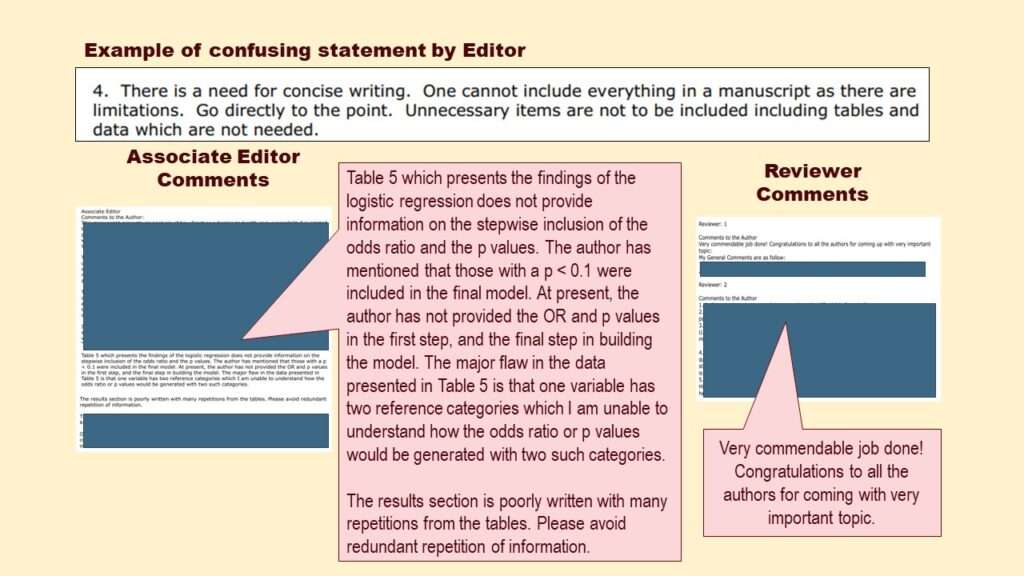
As can be seen by the graphic, the Associate Editor is essentially acting like a reviewer – and seems to be contradicting the reviewers. The Associate Editor was telling us to add a lot more information – and this contradicted the Editor, who wanted us to reduce the wording.
Further, observing what was said by this editor of a public health journal, I was surprised to see that this person didn’t seem to understand how you can have two levels of a categorical independent variable in a logistic regression model in the reference group. Imagine you have a four-level independent variable, with levels A, B, C, and D, and you make D the reference group, and indicator variables for A, B, and C. If in modeling, the indicator variable for A does not meet the criteria for being retained in the model, then it is dropped from the model, and becomes part of the reference category. In the end, you will have indicator variables B and C retained in the model, each having their own slopes, and each being compared to the reference category of A and D combined.
If the Associate Editor from Public Health Challenges doesn’t know this, I don’t know what to do – eat my p-hat?
I identified the ethical problem as, “An editor is acting like a reviewer”. If you are ever an editor and you send out the manuscript for review, and you get two short reviews like this, and you think the reviewers missed something, then don’t do what these people did. Instead, find more reviewers in the specialties that could catch the things you think are wrong with it, and get those reviews. I sometimes am answering to five or six reviewers, so this is the way to handle it if you are an editor and you don’t feel two reviews covers what concerns you in a submitted manuscript.
I advised ABC of the situation. She has a lot of experience and realized how unprofessional this was. Together, we decided to appeal the peer review. I have never done that, so I went back to the journal web site and started trying to figure out how to do that.
What are the Committee on Publication Ethics (COPE) Guidelines?
I did not know about the COPE guidelines until running into this ethical issue. On Wiley’s ethics page for authors, they said they follow the “Principles of Transparency and Best Practice in Scholarly Publishing” from COPE. It is in a PDF you can download from that page. It’s a 12-page slide deck that is very clearly written, and aligns with what I know about publication ethics. Section 8 – Peer Review – says:
Peer review is defined as obtaining advice on manuscripts from reviewers/experts in the manuscript’s subject area. Those individuals should not be part of the journal’s editorial team.
It also says that for each journal, several items should be clearly stated on the journal web site, including policies related to appealing a review. But if you go to the instructions for authors for Public Health Challenges, there are no instructions for submitting an appeal. Because I write for the peer-reviewed literature a lot, I was already aware of Wiley’s “author’s portal”, where you can submit a ticket if you have a problem. At this point, I told ABC I was going to submit a ticket on this portal asking for their appeals policy, and then we would follow it.
Wiley’s Predatory Behavior Includes Ticketing System from Hell
I logged in and submitted a ticket using their web interface, and got a case number assigned to my case. This was e-mailed to me. Then a person named MJ sent a follow-up e-mail asking for my colleague’s name, the title of the manuscript, and the manuscript ID!
I was furious, but I didn’t want to take it out on MJ. I pointed out that I was just requesting her to send me the appeals process policy, and we would let the journal know who ABC was as part of executing the appeals process. We did not want to de-identify her to the journal (which apparently was not a problem of which MJ was aware).
I received another e-mail – this time from RB saying the case was now escalated to the “Senior Escalations Team”. I went to log into the author portal to see the activity there. None of the correspondence was there, and the case appeared “closed”. I e-mailed someone incredulously, and I received an e-mail back from AD on the Senior Escalations Team assuring me that it appears closed, but it was only closed in that system. It was just escalated to a different system, and they are working on it now.
Why were they doing this? Couldn’t they just send me the policy? So I finally e-mailed Public Health Challenges myself (their editorial office e-mail) to ask directly for their appeals policy. Unsurprisingly, their editorial assistant wrote back providing no appeals policy, and asking me to provide them with the Manuscript ID.
It was at this point that I came across this page that I had neglected to see before. It appears to be a press release announcing the new Public Health Challenges journal. It says:
December 6, 2021 – Hoboken, NJ – Wiley, a global leader in research and education, today announced the launch of its newest open access journal, Public Health Challenges.
Wiley’s Predatory Behavior: Interpretation and Recommendations
What this means is that in December of 2021, when this journal launched, Wiley did not make sure that they were following COPE. COPE is like a checklist of ethical things you need in place before you start a non-predatory journal. Apparently, Wiley doesn’t care much about that.
To tell you how the story finally ended up, eventually, someone on one of their Wiley’s journal teams was kind enough to make up a “withdrawal process” for Public Health Challenges, and e-mail it to me so we could withdraw the manuscript. Under the watchful eye of about seven customer service employees I had met along the way, ABC was able to issue an e-mail withdrawal and get an confirmation, so we have now submitted the manuscript elsewhere.
My recommendation is to not submit to Wiley journals anymore, even the legacy ones that have good reputations and are obviously not predatory. That’s because even in the best-case scenario, if you have a problem, you are going to have to fight with a totally dysfunctional author portal and customer service system that won’t work for you. In the worst-case scenario, you might end up getting published alongside other papers that later get retracted.
In my opinion, this incident revealed to me that Wiley has become like Hindawi and MDPI – having to defend themselves against accusations of being predatory. My advice is to avoid publishing in all three of them.
Updated November 22, 2022. Added banners March 6, 2023. Edits April 12, 2023. Revised banners June 18, 2023.
Read all the public health alphabet soup posts, and learn about the public health landscape!
Wiley’s predatory behavior recently with a colleague’s scientific manuscript makes me want to avoid publishing in their journals. Read about our experience.
